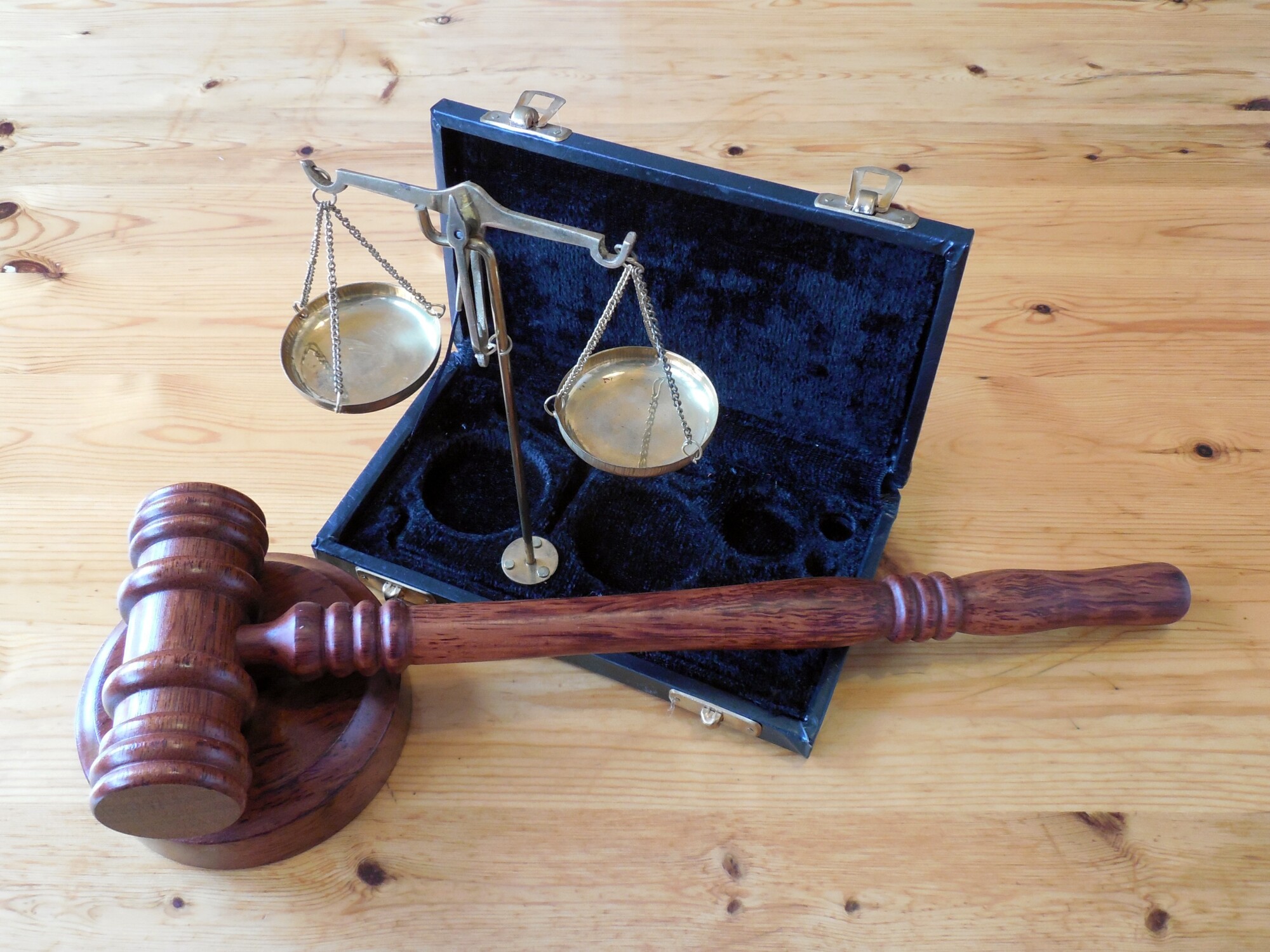Defense lawyers use your information in surprising ways during Florida court cases.
What happens when you sue someone?
There are the parts everyone knows. You file your suit, the case is approved, and the defendant receives a subpoena shortly afterward, asking them to appear in court.
Bing, bang, boom, you’re in the money, right?
If only it were that easy.
What’s the Catch?
There’s a rarely discussed part of building a defense you need to know.
As the defense makes their case, they will often ask the plaintiff “interrogatories.” Interrogatories are personal questions approved by the Florida supreme court constructed to uncover possibly incriminating tidbits about the plaintiff’s life.
So, third-parties use your private info all the time. But, why?
Why would a defense attorney want to know your personal information (work history, medical history, social media history, etc…)?
To Find a Pre-Existing Injury
A defense lawyer’s job is to have a client’s liability dismissed, reduced, or otherwise lessened.
In cases where an injury occurs, defense attorneys will contact your old employers to see if injuries happened while you worked for them. If, for example, you have a back injury during an accident and you’ve hurt your back similarly before, then the defense can decrease their client’s liability.
So, what can you do to reduce the damage that an investigation of your private info in Florida court cases will do?
Unfortunately, the answer is “not much.” You’re allowed to access the information that the defense uncovers, but the most you can do with that information is to prepare a counter-argument. So, make sure your argument is a good one.
To Determine Your Reliability
Believe it or not, third-party usage of personal info is common in the courtroom. Information gathering companies and insurance companies will comb through your medical records, counseling records, and social media at the request of a defense lawyer.
So, you may one day find yourself asked to sign a consent form from companies like Surescripts. Once you sign your consent, these companies can search your HIPAA-protected records to find a problem with your lawsuit.
Your insurance company gathers information like this as well to determine your eligibility for coverage. The defense may also contact your insurance directly to collect the information they want. If you’ve ever signed something called a PIP agreement with your insurance company, then your insurance likely access to your medical records.
Suppose the information gathering companies find a record stating that you shouldn’t have been doing what you were doing or that you’ve misstated information before on an application. In this case, third-party usage of personal info in court cases can have your settlement reduced or even get your case dismissed.
Where You Can Take Your Florida Court Cases From Here
Chances are, the defendants will attempt to settle the lawsuit out of court. They’ll offer you a sum of money to walk away. If that doesn’t work, then the case will progress to a public trial, and if you’ve seen “Better Call Saul,” then you know what happens next.
As we like to say—you don’t call a courthouse a “fair house,” someone’s always going to walk away unhappy. Often, settling out of court is the better option. However, every situation is different.
This blog only scratches the surface and isn’t a substitute for legal advice in Florida court cases. So, if you’re subject to a lawsuit, then reach out to us. We would love to help you.

